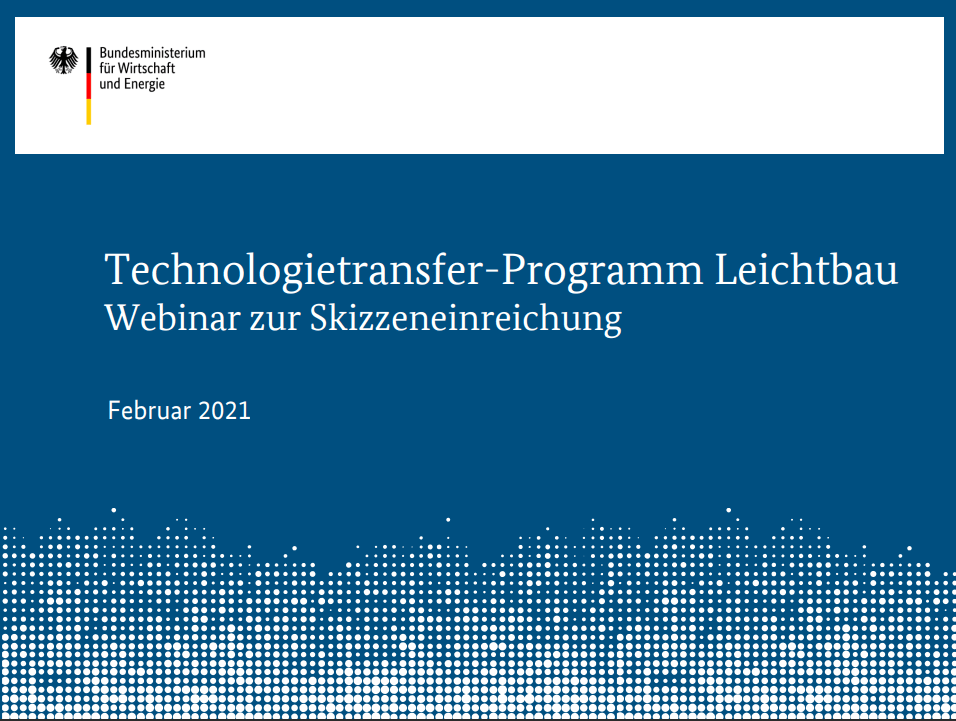
Technology-Transfer Programme: Lightweight construction and composites (Germany)
If you research and develop lightweight construction across industries, technologies and materials, you can receive a grant under certain conditions.
With the Technology Transfer Programme for Lightweight Construction, the Federal Ministry for Economic Affairs and Climate Action (BMWK) enables cross-sector knowledge and technology transfer and supports projects that further develop lightweight construction as a technology of the future. The following are funded:
- projects of experimental development in lightweight construction,
- research infrastructures that serve experimental development, in the field of interdisciplinary knowledge and technology transfer,
- innovation clusters for the sharing of assets and the exchange of knowledge,
- Process innovations that enable the application of a new or significantly improved method for production or the provision of services.
The following program lines can receive funding:
- Technology developments in lightweight construction with the following focal points:
- Digitization and automation: simulation-based developments, end-to-end digitized and/or automated process chains as well as systematic approaches to evaluating the technology,
- Sustainability and recycling: in particular approaches to integrating life cycle analysis into product development and the development of efficient processes for the high-quality recycling of lightweight materials,
- Innovative design principles: in particular new design principles (e.g. bionics, use of additive manufacturing) as well as functionally integrated lightweight construction and system solutions,
- CO2 savings and CO2 sequestration through the use of new construction techniques and materials,
- CO2 savings through resource efficiency and resource substitution,
- demonstration projects, and
- Standardization projects.
The funding for your project can amount to up to 100 percent of the eligible expenses. The amount of funding depends on the type of measure and the institution implementing it. The respective amount results from the provisions of the General Block Exemption Regulation (GBER). As a rule, the duration of the projects should not exceed 3 years.
The application process is two-stage. In the 1st stage, you submit your project outline to Project Management Jülich. Consultation before submitting an application is recommended.
You can submit your outline towards the evaluation deadlines 1st April or 1st October of a year. If the project outline is eligible, you can submit your application in a 2nd stage.
To create your application, please use the electronic application system easy-Online.
The Funding Programme covers five specific activities:
- Technology development to strengthen the German economy in lightweight construction: New technology developments as drivers for sustainable lightweight construction solutions are a priority of funding. The focus will be on concrete development questions for integration and implementation in industrial production processes. This includes the following focal points:
- Digitization and automation
- Sustainability and recycling
- Innovative design principles
- CO2 savings and CO2 sequestration through the use of new construction techniques and materials: New construction techniques and the use of new materials in conjunction with innovative, sustainable lightweight construction not only open up enormous savings and product improvement potential, but can also significantly reduce climate and environmental pollution. To this end, this program line focuses on the development and application of new processes and materials that save or bind greenhouse gas emissions and thus contribute to a low-emission industry.
- CO2 savings through resource efficiency and substitution:
The efficient use of resources promises considerable potential for reducing climate and environmental pollution. In lightweight construction, saving resources is an essential criterion right from the design stage. This program line focuses on the lightweight construction-related development of resource-efficient processes along the entire product life cycle and the substitution of greenhouse gas-intensive resources. - Demonstration projects: In order to facilitate the market entry of new technologies and to cushion risks during scaling and initial industrial implementation, the realization of demonstration projects is promoted, which are thematically sorted into program lines 1 - 3.
- Standardization: The development of new lightweight materials and technologies requires the development of norms and standards as well as technical control values. Funding is provided for projects that promote the transfer between different industries and disciplines and are thematically classified in program lines 1 - 3.

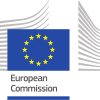
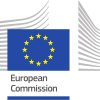
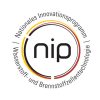
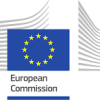
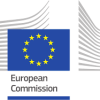
Technology-Transfer Programme: Lightweight construction and composites (Germany) 0 reviews
Login to Write Your ReviewThere are no reviews yet.